Shashi Tharoor, a leading contender for the post of next UN secretary-general, has suggested a four-point plan.
Arun Kumar
WASHINGTON: Shashi Tharoor, India's nominee and a leading contender for the post of the next UN secretary-general, has suggested a four-point plan to tackle the problems facing the world body.
The single greatest problem facing the United Nations is that there is no single greatest problem, rather, there are a dozen different ones each day clamouring for attention, he said in an article in the September 4 issue of ‘Newsweek International’.
But the key to all of them is strengthening the capacities of both the United Nations and its members, said Tharoor offering his four point plan: Make Democracy a Priority; Bolster the Ranks; Prioritise and Streamline; and Heal Wounds.
The new secretary general must also urgently combat a great danger of the East West divide of the cold war being replaced by a North South divide at the United Nations, as developing countries resist what they see as a rich country agenda, he said.
If elected, he would focus on building issue-based coalitions to deal with specific practical problems. Things like management inefficiencies, procurement policies, information technology, outsourcing, that have little to do with ideological politics, said Tharoor, who is currently under secretary general of the United Nations.
"At the same time, let us never forget that the United Nations will only succeed as recourse for all and not the instrument of a few. It must amplify the voices of those who would otherwise not be heard, and serve as a canopy beneath which all can feel secure," he said.
Of the problems facing the UN, some, like the crisis in Lebanon, the Palestinian situation and the nuclear programme in Iran and North Korea, are obvious and trying, Tharoor said.
Others could be called problems without passports, issues that cross all frontiers uninvited, like climate change, drug trafficking, human rights, terrorism, epidemic diseases, and refugee movements.
Their solutions, too, can recognise no frontiers because no one country or group of countries, however rich or powerful, can tackle them alone. The key to all of them is strengthening the capacities of both the United Nations and its members, he said suggesting his four-point plan.
First, Make Democracy a Priority. The United Nations must make a greater effort to promote democracy and good governance as key ingredients of development, Tharoor said. A Democracy Fund to help UN do that is now financed not just by the rich west but by countries like India, he noted.
To that end the United Nations must also stand up for human rights everywhere, ensuring that the new Human Rights Council fulfills its responsibilities more effectively than the over politicised Human Rights Commission it replaced.
And UN must not let conflicts re-ignite when peacekeepers have left, it must strengthen the newly created Peacebuilding Commission to ensure that conflict gives way to development and the creation of democratic institutions so that peace is truly sustainable.
Second, Bolster the Ranks. UN has to make a difference where it counts in the field, not just in the conference rooms in New York and Geneva.
No task is more important than reinforcing the United Nations' operational capacity to fulfill the Millennium Development Goals, a set of promises to improve the lives of billions by 2015, to mount effective peacekeeping operations and to respond urgently to humanitarian crises.
As head of the United Nations, he would strengthen the international civil service, eliminating the nepotism and cronyism for which we have sometimes justifiably been blamed, Tharoor said.
And he would work together with Washington on the unfinished business of management reform, especially to ensure ethics, accountability and transparency, together with truly independent audit oversight.
Third, Prioritise and Streamline. The United Nations must be more sharply focused on areas where it has a proven and undoubted capacity to make a difference when major humanitarian disasters strike, peace must be kept or territories administered.
But where others have the capacity, the resources and the will to keep the peace -- North Atlantic Treaty Organisation (NATO) in Afghanistan, the European Union in Bosnia, though not yet the African Union in Darfur -- the United Nations should bless their efforts.
"And where the task, like enforcing peace in Iraq, is clearly beyond us, we should let wars be fought by warriors, not peacekeepers," he said.
Fourth, Heal Wounds. Stressing the urgency of combating what he called a "great danger of the East-West divide of the cold war being replaced by a North-South divide, Tharoor said as a former UN chief Dag Hammarskjold had noted the United Nations was not created to take mankind to heaven, but to save humanity from hell.
"That it has, so far, but not all the time and not everywhere. We can do better. Indeed, at this time of turbulence and transformation, we must," he said.
The United Nations is a 20th century organization facing a 21st century challenge, an institution with impressive achievements but also haunting failures, one that mirrors not just the world's hopes but its inequalities and disagreements, and most important, one that has changed but needs to change further, Tharoor said.
This is the pre-eminent task that will confront the next UN secretary general, he said noting that reform is needed not because the United Nations has failed, but because it has succeeded enough over the years to be worth investing in.
Mahatma Gandhi once said, "You must be the change you wish to see in the world." The United Nations, where I have worked for the last 28 years, is no exception. If we want to change the world, we must change too, Tharoor recalled.
![submenu-img]() House of the Dragon season 2 trailer: Rhaenyra wages an unwinnable war against Aegon, Dance of the Dragons begins
House of the Dragon season 2 trailer: Rhaenyra wages an unwinnable war against Aegon, Dance of the Dragons begins![submenu-img]() Panchayat season 3 trailer: Jitendra Kumar returns as sachiv, Neena, Raghubir get embroiled in new political tussle
Panchayat season 3 trailer: Jitendra Kumar returns as sachiv, Neena, Raghubir get embroiled in new political tussle![submenu-img]() Apple partners up with Google against unwanted tracker, users will be alerted if…
Apple partners up with Google against unwanted tracker, users will be alerted if…![submenu-img]() Meet actress whose debut film was superhit, got married at peak of career, was left heartbroken, quit acting due to..
Meet actress whose debut film was superhit, got married at peak of career, was left heartbroken, quit acting due to..![submenu-img]() Who is the real owner of Delhi's Connaught Place and who collects rent from here?
Who is the real owner of Delhi's Connaught Place and who collects rent from here?![submenu-img]() Meet man who is 47, aspires to crack UPSC, has taken 73 Prelims, 43 Mains, Vikas Divyakirti is his...
Meet man who is 47, aspires to crack UPSC, has taken 73 Prelims, 43 Mains, Vikas Divyakirti is his...![submenu-img]() IIT graduate gets job with Rs 100 crore salary package, fired within a year, he is now working as…
IIT graduate gets job with Rs 100 crore salary package, fired within a year, he is now working as…![submenu-img]() Goa Board SSC Result 2024: GBSHSE Class 10 results to be out today; check time, direct link here
Goa Board SSC Result 2024: GBSHSE Class 10 results to be out today; check time, direct link here![submenu-img]() CUET-UG 2024 scheduled for tomorrow postponed for Delhi centres; check new exam date here
CUET-UG 2024 scheduled for tomorrow postponed for Delhi centres; check new exam date here![submenu-img]() Meet man who lost eyesight at 8, bagged record-breaking job package at Microsoft, not from IIT, NIT, VIT, his salary is…
Meet man who lost eyesight at 8, bagged record-breaking job package at Microsoft, not from IIT, NIT, VIT, his salary is…![submenu-img]() DNA Verified: Is CAA an anti-Muslim law? Centre terms news report as 'misleading'
DNA Verified: Is CAA an anti-Muslim law? Centre terms news report as 'misleading'![submenu-img]() DNA Verified: Lok Sabha Elections 2024 to be held on April 19? Know truth behind viral message
DNA Verified: Lok Sabha Elections 2024 to be held on April 19? Know truth behind viral message![submenu-img]() DNA Verified: Modi govt giving students free laptops under 'One Student One Laptop' scheme? Know truth here
DNA Verified: Modi govt giving students free laptops under 'One Student One Laptop' scheme? Know truth here![submenu-img]() DNA Verified: Shah Rukh Khan denies reports of his role in release of India's naval officers from Qatar
DNA Verified: Shah Rukh Khan denies reports of his role in release of India's naval officers from Qatar![submenu-img]() DNA Verified: Is govt providing Rs 1.6 lakh benefit to girls under PM Ladli Laxmi Yojana? Know truth
DNA Verified: Is govt providing Rs 1.6 lakh benefit to girls under PM Ladli Laxmi Yojana? Know truth![submenu-img]() Ananya Panday stuns in unseen bikini pictures in first post amid breakup reports, fans call it 'Aditya Roy Kapur's loss'
Ananya Panday stuns in unseen bikini pictures in first post amid breakup reports, fans call it 'Aditya Roy Kapur's loss'![submenu-img]() Remember Harsh Lunia? Just Mohabbat child star, here's how former actor looks now, his wife is Bollywood's popular...
Remember Harsh Lunia? Just Mohabbat child star, here's how former actor looks now, his wife is Bollywood's popular...![submenu-img]() Mother's Day 2024: Bollywood supermoms who balance motherhood, acting, and run multi-crore businesses
Mother's Day 2024: Bollywood supermoms who balance motherhood, acting, and run multi-crore businesses![submenu-img]() Rocky Aur Rani's Golu aka Anjali Anand shocks fans with drastic weight loss without gym, says fitness secret is...
Rocky Aur Rani's Golu aka Anjali Anand shocks fans with drastic weight loss without gym, says fitness secret is...![submenu-img]() In pics: Ram Charan gets mobbed by fans during his visit to Pithapuram for ‘indirect campaign’ for uncle Pawan Kalyan
In pics: Ram Charan gets mobbed by fans during his visit to Pithapuram for ‘indirect campaign’ for uncle Pawan Kalyan![submenu-img]() Haryana Political Crisis: Will 3 independent MLAs support withdrawal impact the present Nayab Saini led-BJP government?
Haryana Political Crisis: Will 3 independent MLAs support withdrawal impact the present Nayab Saini led-BJP government?![submenu-img]() DNA Explainer: Why Harvey Weinstein's rape conviction was overturned, will beleaguered Hollywood mogul get out of jail?
DNA Explainer: Why Harvey Weinstein's rape conviction was overturned, will beleaguered Hollywood mogul get out of jail?![submenu-img]() What is inheritance tax?
What is inheritance tax?![submenu-img]() DNA Explainer: What is cloud seeding which is blamed for wreaking havoc in Dubai?
DNA Explainer: What is cloud seeding which is blamed for wreaking havoc in Dubai?![submenu-img]() DNA Explainer: What is Israel's Arrow-3 defence system used to intercept Iran's missile attack?
DNA Explainer: What is Israel's Arrow-3 defence system used to intercept Iran's missile attack?![submenu-img]() House of the Dragon season 2 trailer: Rhaenyra wages an unwinnable war against Aegon, Dance of the Dragons begins
House of the Dragon season 2 trailer: Rhaenyra wages an unwinnable war against Aegon, Dance of the Dragons begins![submenu-img]() Panchayat season 3 trailer: Jitendra Kumar returns as sachiv, Neena, Raghubir get embroiled in new political tussle
Panchayat season 3 trailer: Jitendra Kumar returns as sachiv, Neena, Raghubir get embroiled in new political tussle![submenu-img]() Meet actress whose debut film was superhit, got married at peak of career, was left heartbroken, quit acting due to..
Meet actress whose debut film was superhit, got married at peak of career, was left heartbroken, quit acting due to..![submenu-img]() 'Ek actress 9 log saath leke...': Farah Khan criticises entourage culture in Bollywood
'Ek actress 9 log saath leke...': Farah Khan criticises entourage culture in Bollywood![submenu-img]() Bollywood’s 1st multi-starrer had 8 stars, makers were told not to cast Kapoors; not Sholay, Nagin, Shaan, Jaani Dushman
Bollywood’s 1st multi-starrer had 8 stars, makers were told not to cast Kapoors; not Sholay, Nagin, Shaan, Jaani Dushman![submenu-img]() Who is the real owner of Delhi's Connaught Place and who collects rent from here?
Who is the real owner of Delhi's Connaught Place and who collects rent from here?![submenu-img]() Viral video: Chinese artist's flaming 'stairway to heaven' stuns internet, watch
Viral video: Chinese artist's flaming 'stairway to heaven' stuns internet, watch![submenu-img]() Video: White House plays 'Sare Jahan Se Achha Hindustan Hamara" at AANHPI heritage month celebration
Video: White House plays 'Sare Jahan Se Achha Hindustan Hamara" at AANHPI heritage month celebration![submenu-img]() Viral video: Bear rides motorcycle sidecar in Russia, internet is stunned
Viral video: Bear rides motorcycle sidecar in Russia, internet is stunned![submenu-img]() Driver caught on camera running over female toll plaza staff on Delhi-Meerut expressway, watch video
Driver caught on camera running over female toll plaza staff on Delhi-Meerut expressway, watch video

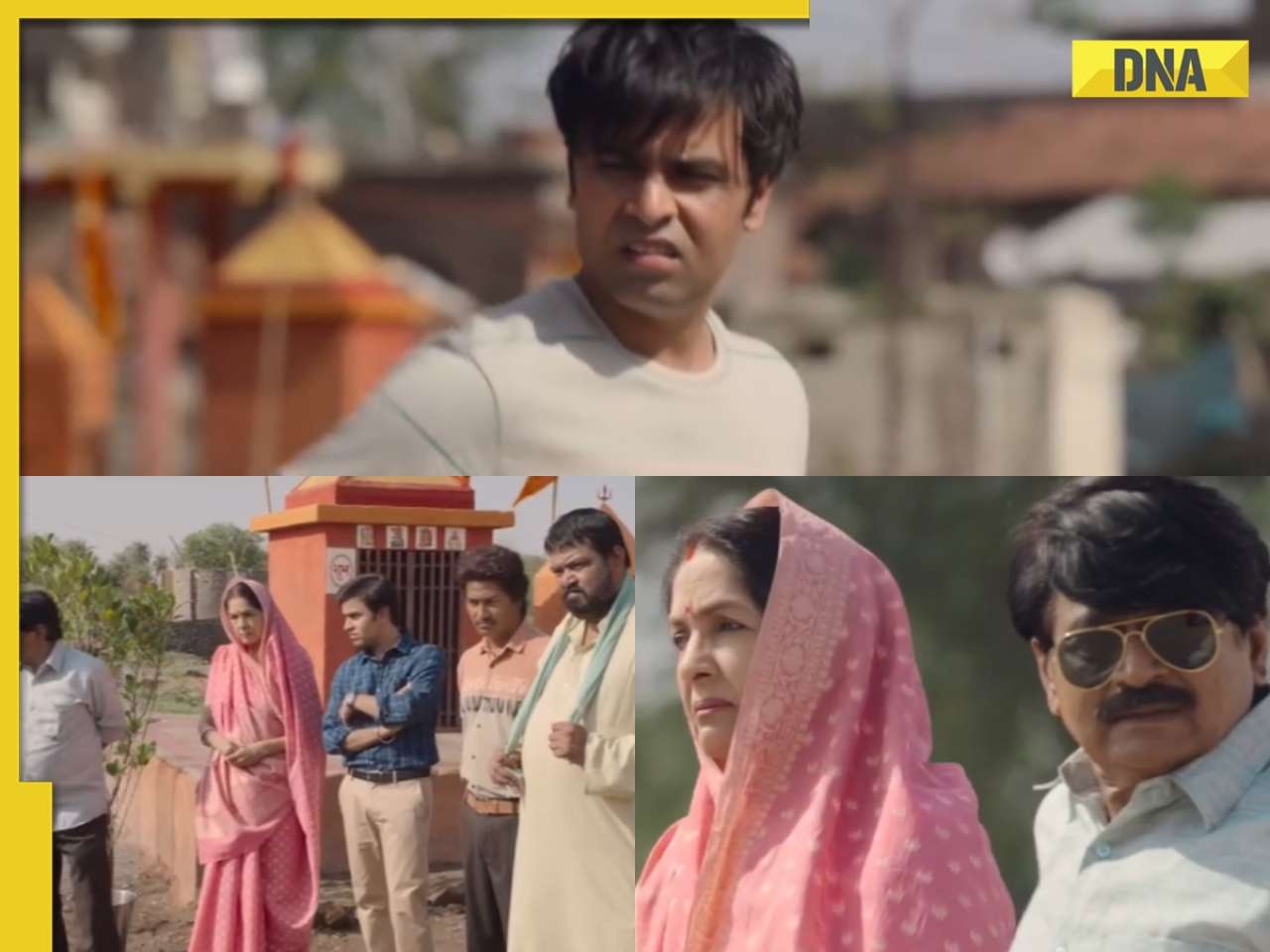



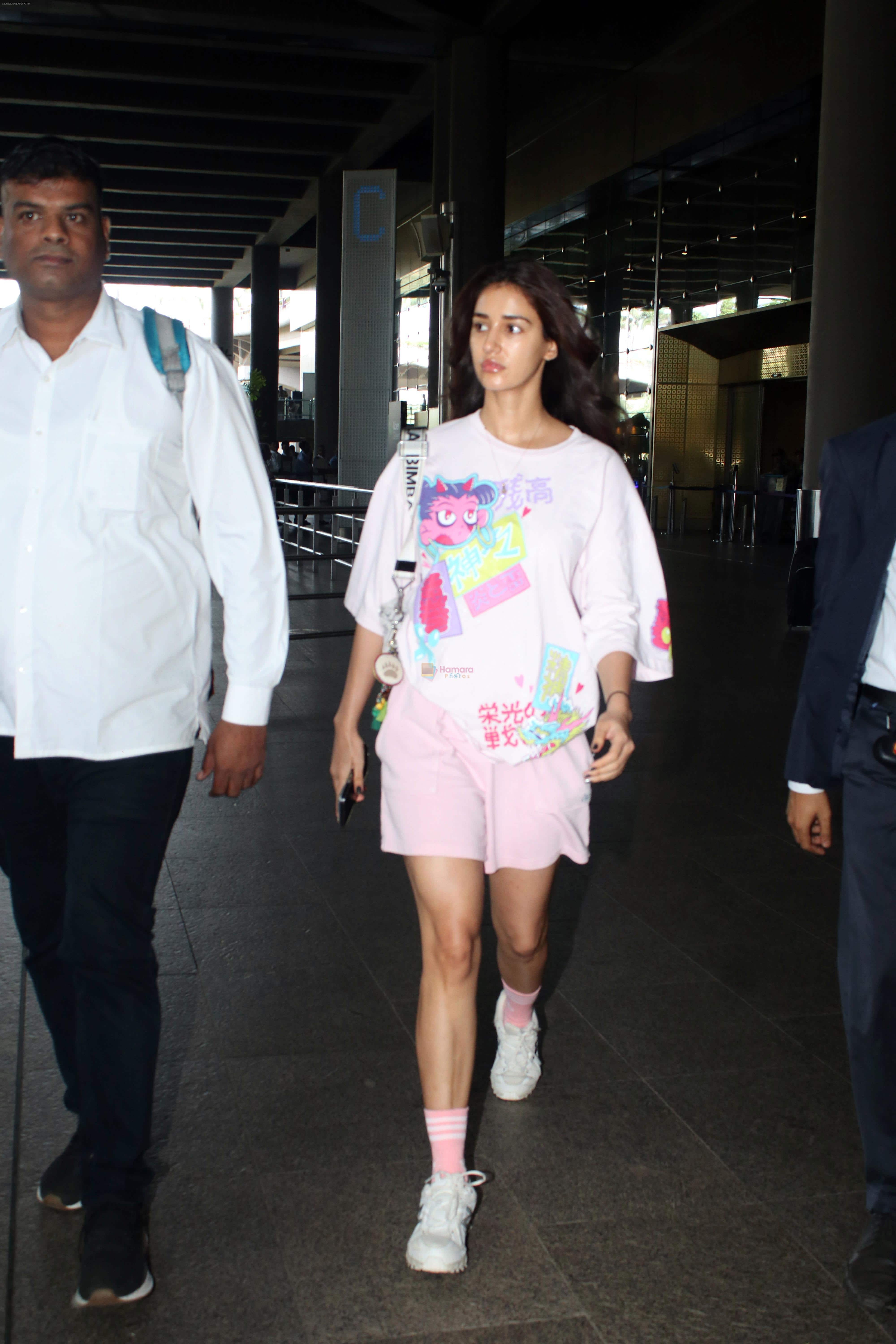








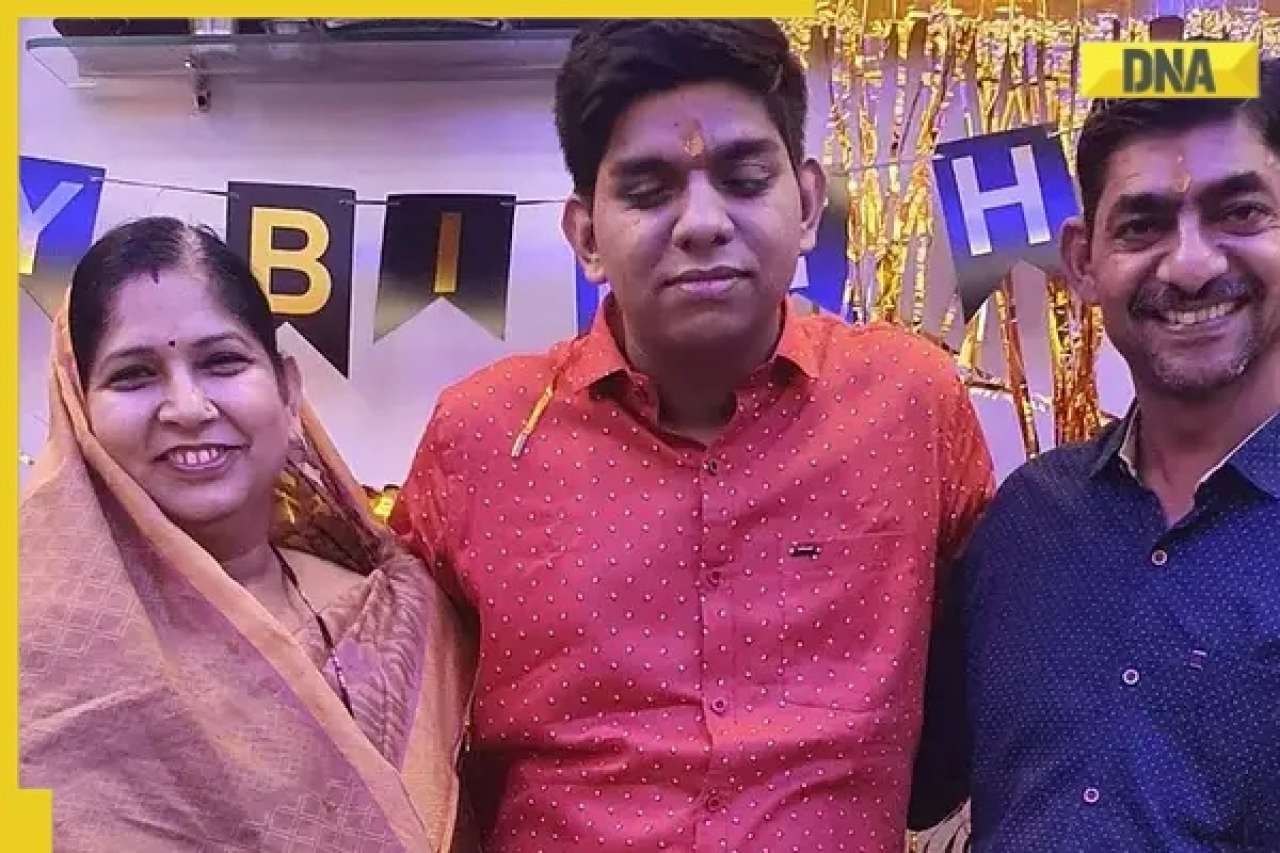















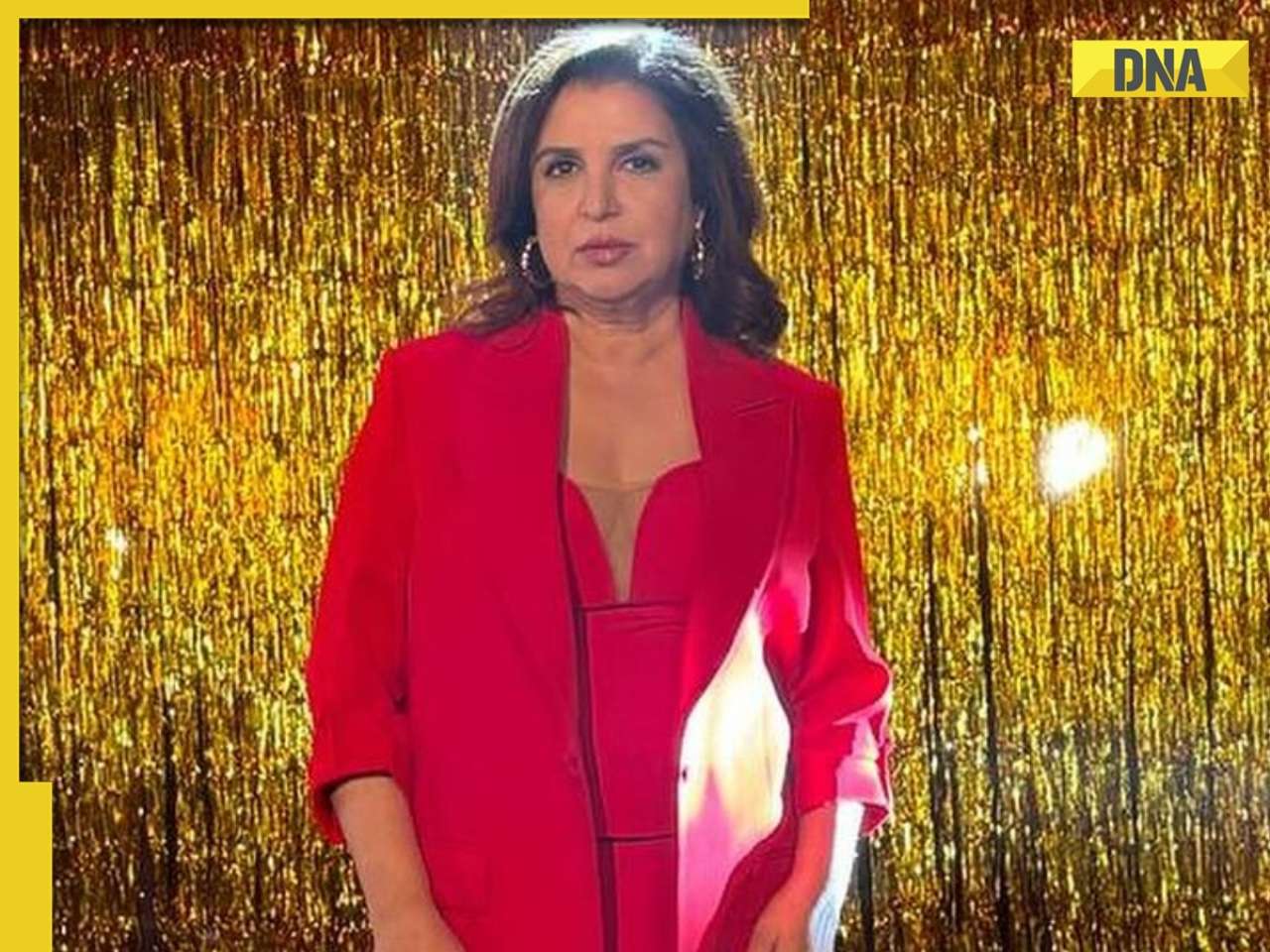
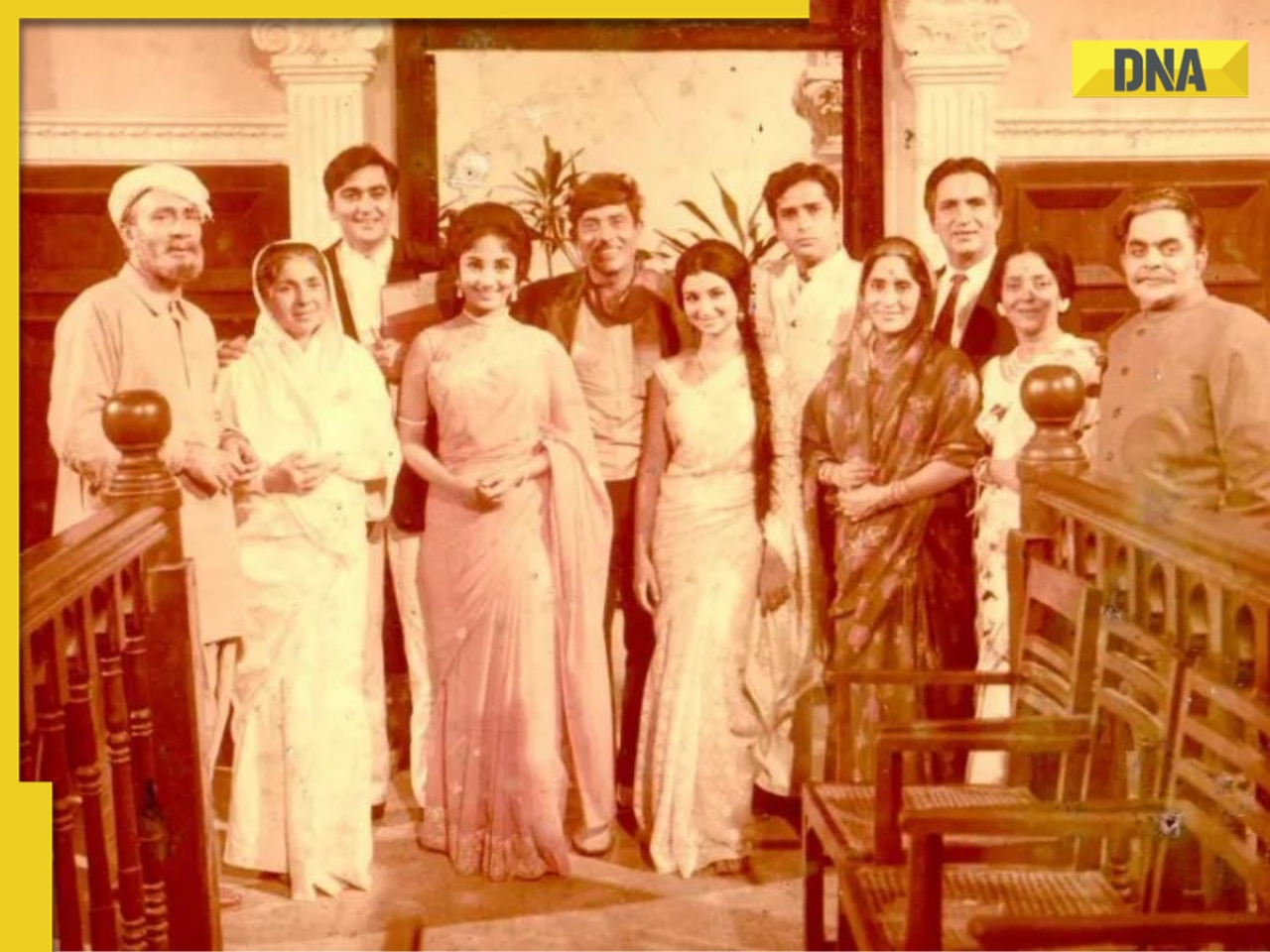
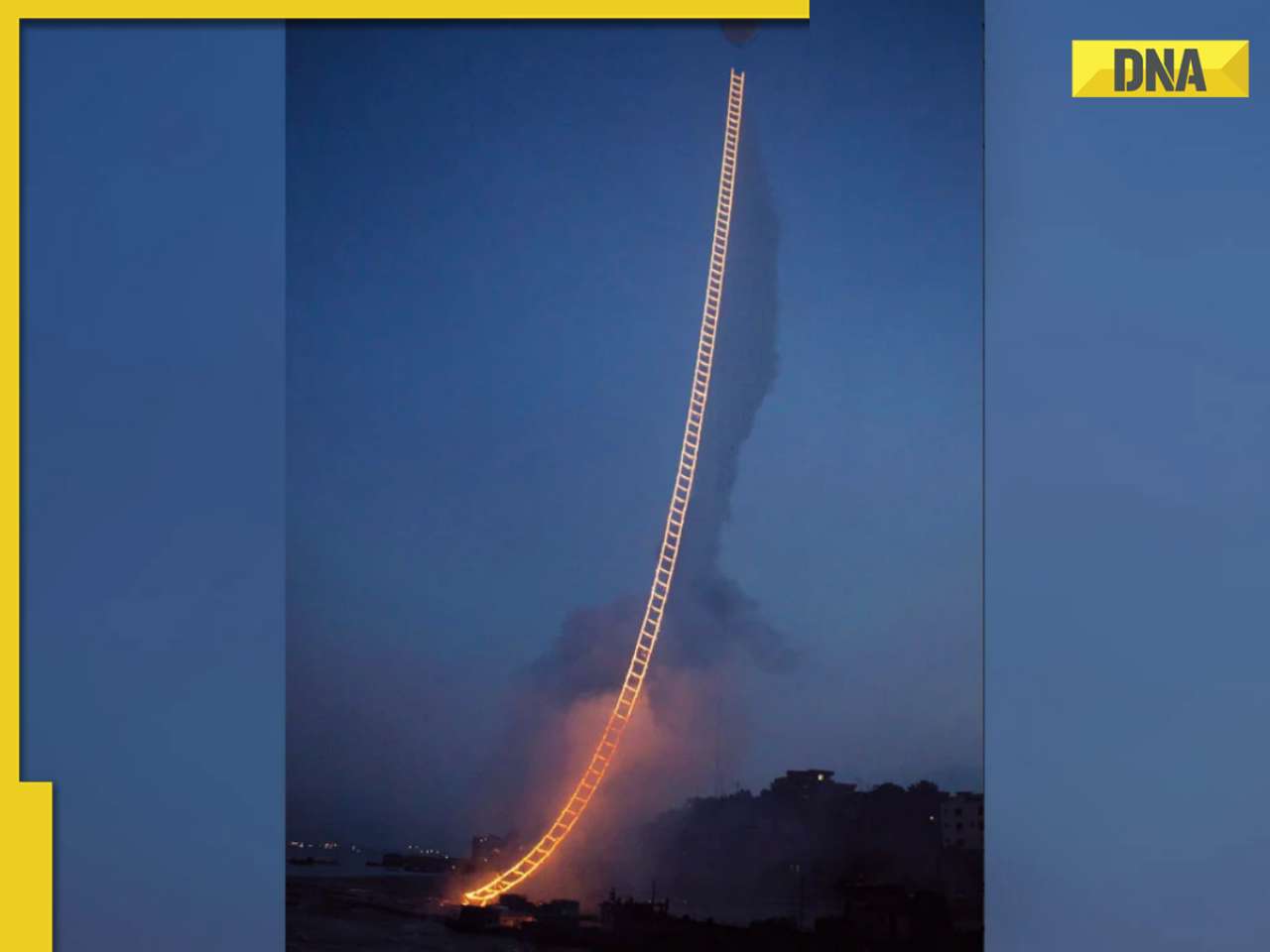
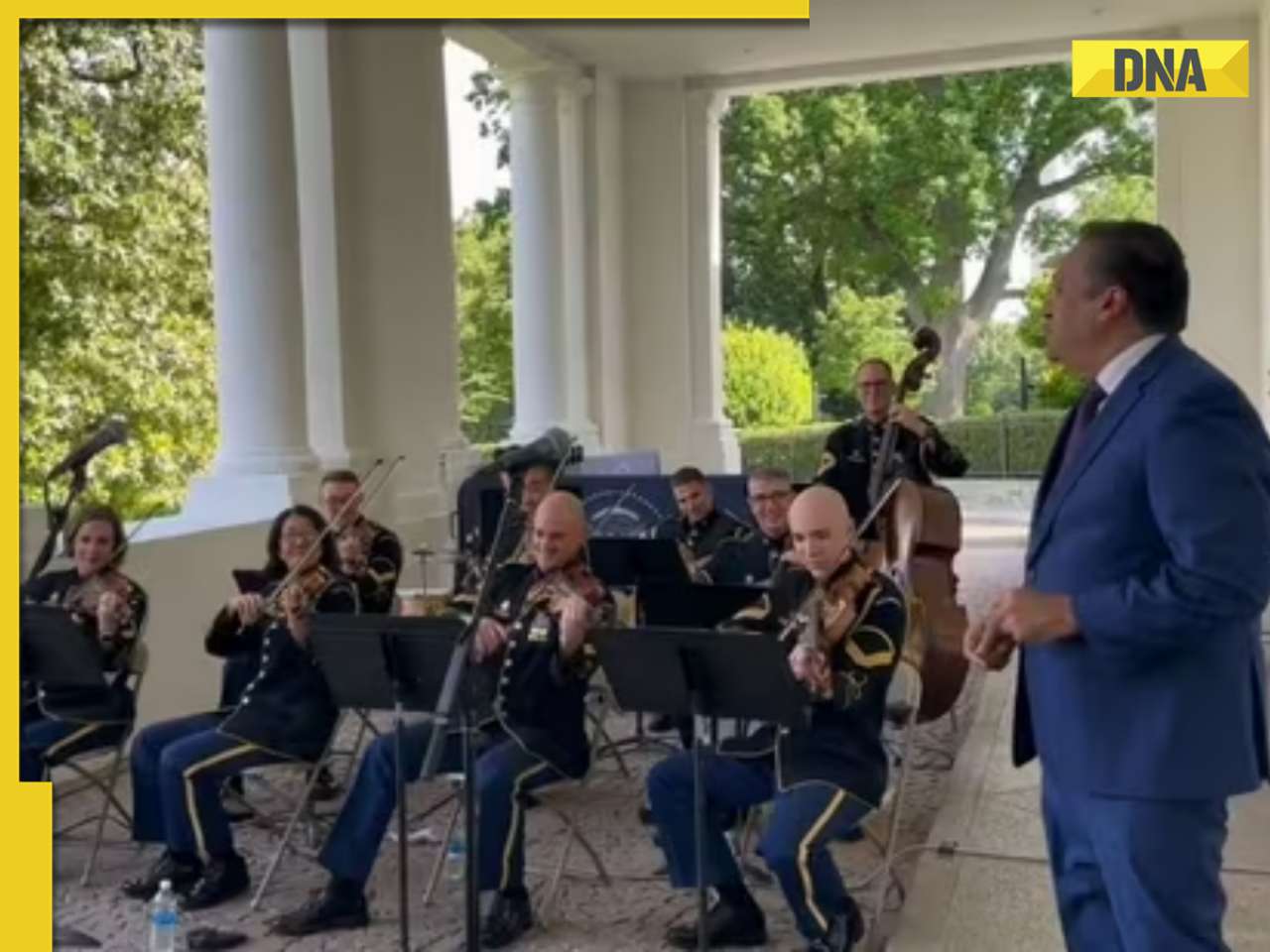











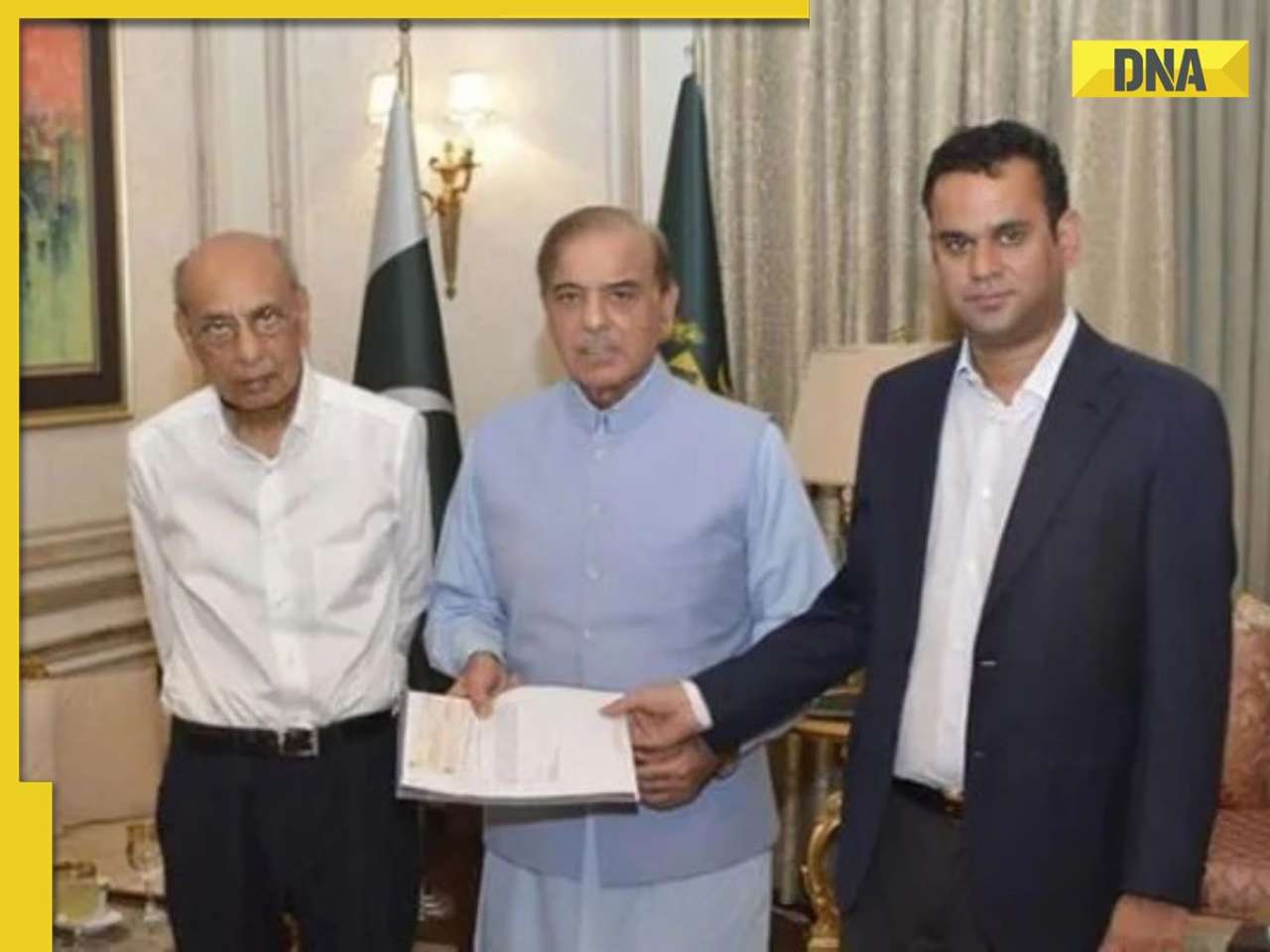









)
)
)
)
)
)